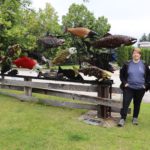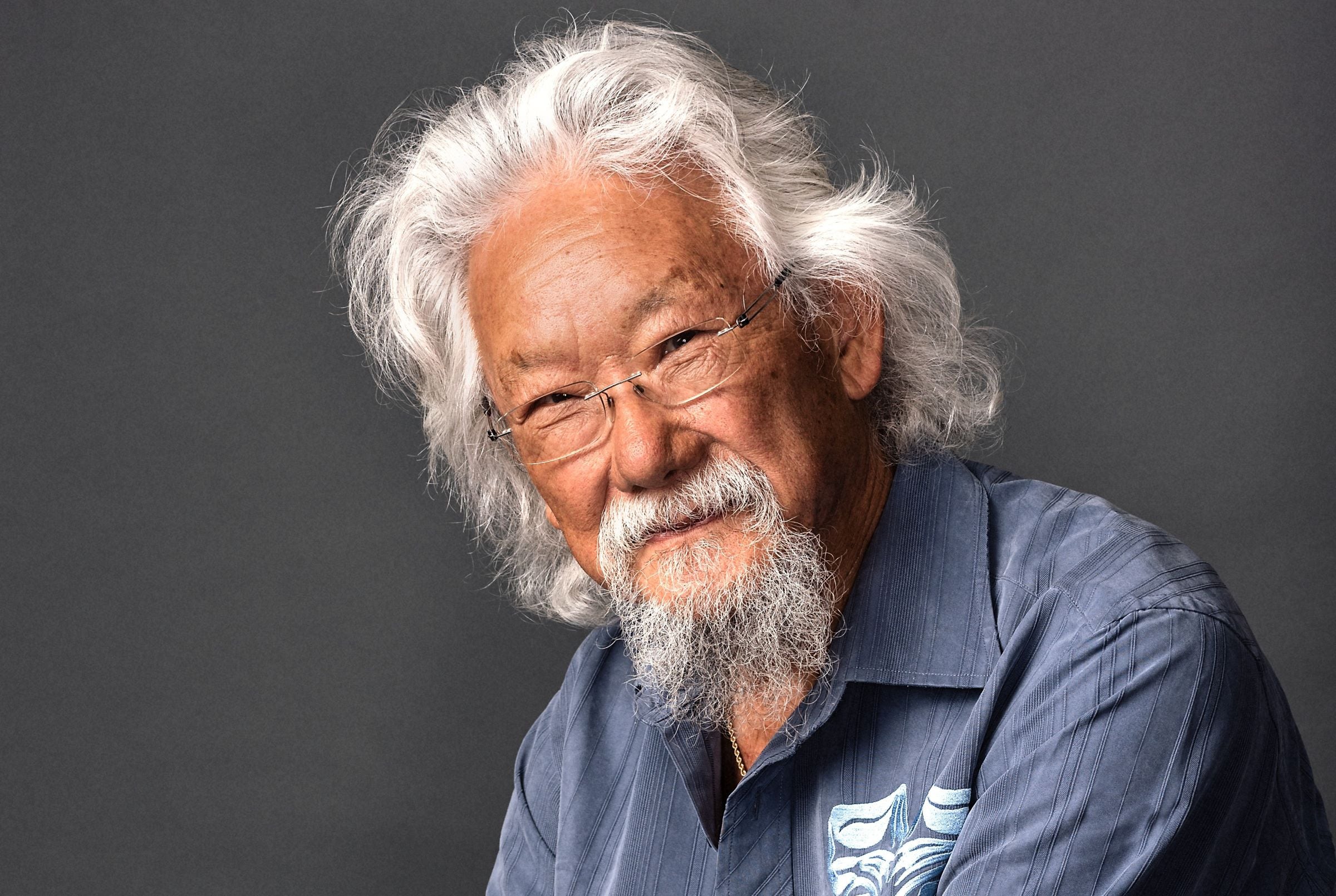COLUMN: Paradigm shift needed to halt and reverse biodiversity loss
Despite Canada’s important commitments at the December UN COP15 in Montreal, we’re not halting, let alone reversing, biodiversity loss. More than 5,000 wild species face some risk of extinction, according to the recently released report “The Wild Species 2020: The General Status of Species in Canada.”
The main driver is habitat loss. Yet, the Ontario government plans to run a major highway through the valuable greenbelt around Canada’s largest city. In British Columbia, fracking and clearcut logging continue to decimate lands and waters. And the federal government is supporting offshore oil projects and pipelines — all while climate change fuels wildfires, droughts, floods and other habitat-destroying events.
We’re still chasing symptoms rather than causes. We’ve been so indoctrinated into growth-based economic and societal paradigms that we fail to notice those outdated systems are themselves at the root of many problems — so we race along, extracting and consuming what we can without considering consequences or giving much back.
Take forestry. You’d think research by scientists like Suzanne Simard at the University of British Columbia would have shifted the way we “manage” forests.
In her book Finding the Mother Tree, Simard describes working for the B.C. forest service when she realized practices ignored processes that keep forests healthy. Most of her colleagues only considered how best to “harvest” the most valuable old growth and promote commercially desirable species using fertilizers and eliminating competition from “weed” species with clearing and pesticides. The result: more than half of B.C.’s old-growth forests have been replaced by mostly single-species tree plantations, many of which aren’t biodiverse or flourishing.
To show how little has changed, in recently resigning from the Association of BC Forest Professionals, eminent ecological forester Herb Hammond delivered a damning indictment of ongoing practices that maximize profits and destroy forests.

Simard started looking below ground, studying the mycorrhizal (from Greek for “fungi” and “root”) networks through which plants, especially trees, and fungi connect — and communicate. What she discovered was profound, but it didn’t sit well with some industry-focused colleagues.
A mushroom is only a small part of the organism — the fruiting body where spores are produced. It’s attached to an underground network of fine tubular structures called hyphae “that branch, fuse, and tangle into the anarchic filigree of mycelium,” says biologist Merlin Sheldrake in his book Entangled Life, adding this is “better thought of not as a thing but as a process.”
These connect with plant root structures, forming symbiotic circuits to exchange nutrients, water and information. Simard writes, “I learned that this network is pervasive through the entire forest floor, connecting all the trees in a constellation of tree hubs and fungal links. A crude map revealed, stunningly, that the biggest, oldest timbers are the sources of fungal connections to regenerating seedlings.”
She found these networks even have “similarities with our own human brains,” using chemicals “identical to our own neurotransmitters” to perceive, communicate and respond to one another.
So much plundering has been and is being carried out in a state of ignorance — wilful or otherwise — about the intricately connected natural systems that ensure our well-being and survival.
Old growth and natural forests are critical. They produce oxygen, sequester atmospheric carbon, keep temperatures cooler and provide habitat for plants, animals and fungi — and much more.

Western colonial expansion and the industrial interests it’s facilitated have long been rooted in a sense of superiority. Colonizers often considered those they colonized as “primitives” or “savages.”
But extractivist-consumer capitalism has always been the “primitive” way of thinking and doing. Yes, we need continued advances in science, technology, beneficial industries and food production, but they should be directed at improving well-being within the limits of what the planet can provide.
Indigenous Peoples worldwide have learned over millennia of observation, experience and storytelling that we’re part of nature, utterly dependent on biodiversity and intricately connected not only with living things but with rocks, water and air. What we do to nature we do to ourselves.
Global conferences and agreements are necessary, but we need far more ambition and action — and humility. To fulfil our potential as a species, we need a paradigm shift, from an archaic consumer mindset to a wider vision that encompasses nature and recognizes the values and connections that will help us live well.
David Suzuki is a scientist, broadcaster, author and co-founder of the David Suzuki Foundation. Written with contributions from David Suzuki Foundation Senior Writer and Editor Ian Hanington.
Learn more at davidsuzuki.org.























